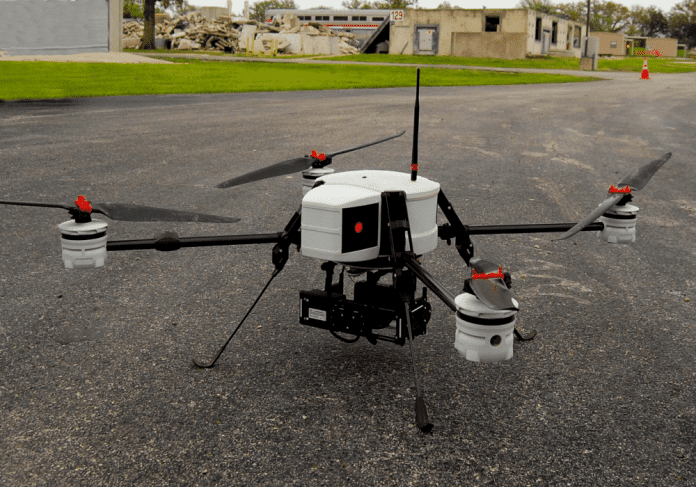Two Congressional Democrats have introduced a bill that would make it a criminal offense to use a drone to interfere with the operation of a manned aircraft. Intentional or unintentional interference would be punishable by fines and/or imprisonment. The bill’s sponsors are Senator Sheldon Whitehouse (D-RI) and Representative Jim Langevin (D-RI).
The bill would also make it illegal to fly drones near an airport runway without special permission from air traffic controllers. The Congressmen said the Federal Aviation Administration is reporting that pilots are seeing more drones in the sky, with reported drone sighting up 50% to 1,800 last year.
Drones and the IoT
Drones are emerging as the ultimate connected machine for several industries because they can move freely, connect to Wi-Fi, and collect massive amounts of data through cameras and sensors. Industries that are leveraging drone technology include precision agriculture, oil and gas, and wireless infrastructure.
The wireless infrastructure industry is using drones in several ways. Unmanned aircraft can be used to inspect towers and robotic drones may soon be able to adjust antennas or even add equipment. Drones can also be used in combination with virtual reality to help network operators determine the best location for a new tower in relation to an existing tower. Cell site testing is also made easier by drones in some areas that are not conducive to drive tests. Finally, drones can be used to survey a compromised cell site after a natural disaster, in order to help operators know when and how to approach the site.
Precision agriculture is an evolving industry, and drones are playing a major role. Farmers who once spent thousands of dollars to collect crop images from manned helicopters are now able to get better imagery at a fraction of the cost. Coupled with data collected from soil sensors and weather monitors, drone imagery is helping farmers increase yields and cut costs.
The oil and gas industry stands to benefit significantly from the use of drones, because many sites that require inspection are dangerous for humans. In order to minimize the risk, producers may suspend operations during an inspection, a cost that can be avoided when drones are used instead of humans.
Follow me on Twitter.

